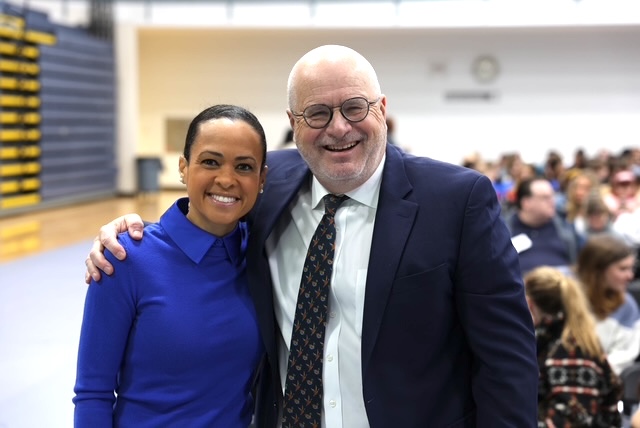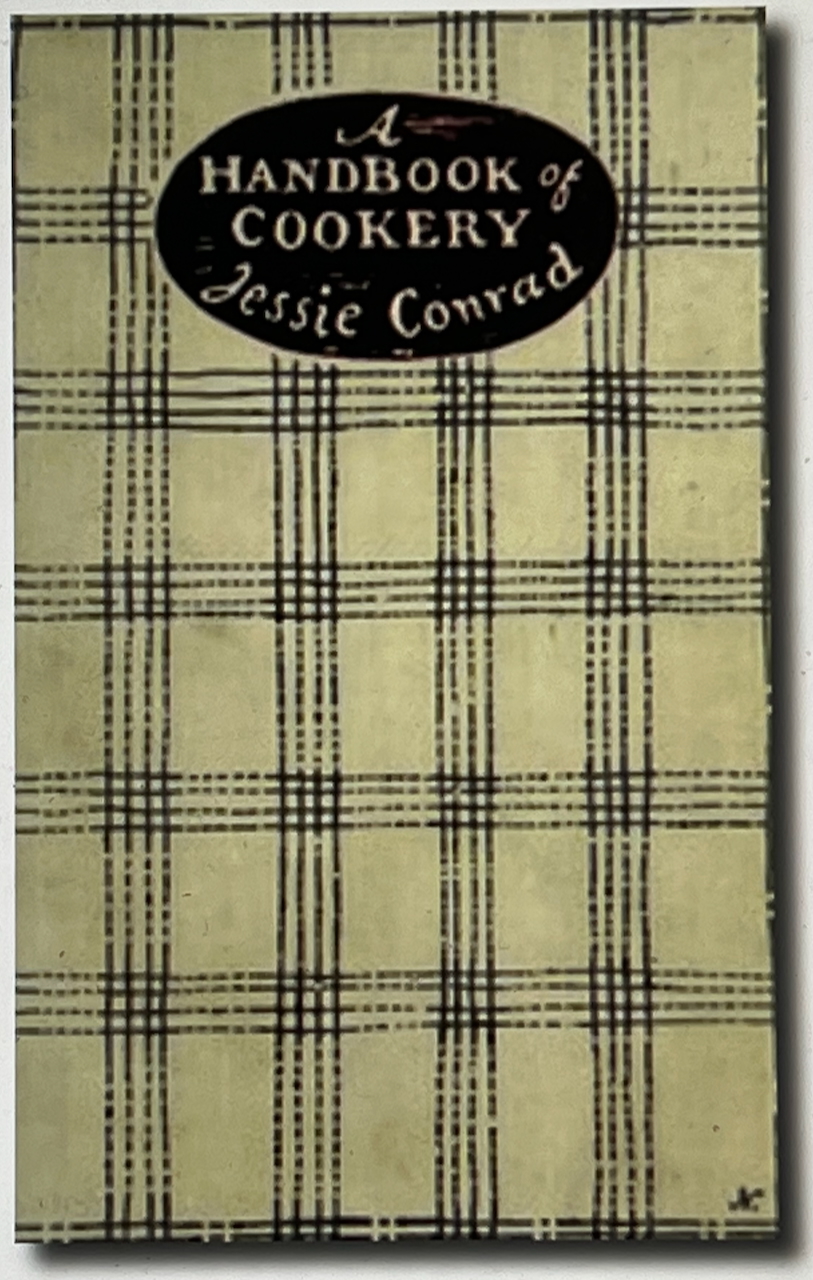Trial by Fire
October 31, 2019
We start something new, or should, by defining our terms. “Wait, does this mean we’re not seeing other people?” “Did the doctor mean no dairy, not even yogurt?” So when I joined the staff of The Common Reader, I went a little clammy at the realization that I was not entirely sure what the word “essay” meant.
I knew I loved essayists. Loved Annie Dillard’s tenderness toward weasels and terra cotta warriors and a total eclipse of the sun; loved the pyrotechnics that lit the sky until David Foster Wallace died; the compressed diamond that is Joan Didion’s mind; the wild glee of Chuck Klosterman; the plain elegance of E.B. White. I gazed with deep satisfaction at the sentences of Adam Gopnik, who was cast after Tom Wolfe but in a cooler metal. I cherished Emerson, Montaigne, Virginia Woolf.
But what, in that wildly varied list, was I loving?
The librarian in our small town arched an eyebrow when I requested, in a single, panicked electronic swoop, a dozen anthologies of “the “best American essays.” Nearly all the introductions included a comforting reminder that to “essay” is simply to try. This slowed my racing heart. But from there, the selections made such sharp turns, they left me stranded again. In one volume, the emphasis was on courage, and I read first-person accounts of suffering I could never endure, figure-eight twists of fate, folds of identity I could only reach with psilocybin. My life was too bland, my background too boring, my marriage too happy. I would have to quit.
The thought infuriated me. As a journalist, I shunned celebrities whenever possible, insisting that average everyday lives deserved the same attention and intimate curiosity. Surely I did not have to follow that idiotic Romantic trope of obligatory suffering to use the form myself? “Essay” is a word from middle school; it smells of pencil shavings, and Roman numerals stick to it like barnacles, making a crooked, off-center spine. “Essay” means you cannot cheat or pretend; you have to show your work. Later, of course, those Roman numerals fall off, and the teacher’s word counts dissolve. An essay is longer than a tweet, shorter than a book; leave it at that. The form succeeds not by elaborate geometry but by the strength of its ideas.
The strength of its ideas. Sweet God. This was getting worse, not better; I had even less confidence in my ideas than I had in my courage. Could I still be a bit of a journalist, drawing on other people’s lives to fill in all the colors missing from my own life? Thumbing madly through the collections, I found examples of essays that read more like narrative journalism, reported pieces softened by reflection. I also found Lewis Thomas describing “The Lives of a Cell.” Zadie Smith defining “Joy.” George Orwell confessing to “Shooting an Elephant.” Nora Ephron offering “A Few Words About Breasts.” A dizzying variety of topics. And structure? John McPhee used a Monopoly game to limn New York.
“The peculiar form of an essay implies a peculiar substance; you can say in this shape what you cannot with equal fitness say in any other,” Virginia Woolf wrote, which hardly helped. I could have hugged the Oxford English Dictionary for the plainness of its first definition: “a short piece of writing on a particular subject.” Immediately, though, etymology complicated the project: “Late 15th century (as a verb in the sense ‘test the quality of’): alteration of assay, by association with Old French essayer, based on late Latin exagium ‘weighing’, from the base of exigere ‘ascertain, weigh’; the noun (late 16th century) is from Old French essai ‘trial’.”
A trial, a weighing, a test of quality.
This was as much about character, then, as it was about writing. Was that the blood price, paid for the permission to confide one’s secret thoughts to strangers? An essay could not hide behind news, facts, or practical promises to improve a reader’s life. It could only offer what, in 1755, Samuel Johnson called “a loose sally of the mind; an irregular undigested piece; not a regularly and orderly composition.”
And because it was fresh-caught and raw, it revealed even more than you wanted it to.
I returned to my favorite essayists, hoping to winnow out the traits they shared. Curiosity, of course. A radical (etymologically, “from the root”) honesty. A willingness to risk being dismissed as self-indulgent, on the off chance that their experience would spark against a reader’s. These writers’ eyes were clear, unclouded by dogma or the desperate need to persuade. They could sit for hours and stare into murky depths, then pull something out with a splash and juggle it a while, dropping it and picking it up because it was still too slippery to hold a shape.
Those I liked best spoke thoughtfully and from the heart, making no attempt to separate the two. Because what they shared was personal, even when its topic was not, it left them vulnerable, and this was what let me think of them as friends. Not friended, mind you; there was no seeking out, no tagging or liking. Sloane Crosley has no idea how close the two of us are. Yet every time she writes and I read, we are conversing.
Essay conversations are the dreamy, confiding sort you have with your best friend at age twelve and, if you are lucky, rediscover years later, when you are in bed with someone whose mind you love and neither of you can sleep. The tone is tentative, open; the form is magpie, gathering shiny bits from everywhere. The subject can be anything that deserves a second glance, an acknowledgement, a poke or prod to see if it is alive.
Other sorts of writing can be pulled from one’s nether regions for speed’s sake, but an essay must be chewed on, ruminated, transferred from one stomach to the next, the moisture wrung from every blade. Real-life experience helps; so, as I feared, does courage. Hemingway wrote with brisk daring about running with the bulls in Pamplona in July. I was in Pamplona once, too—in June. They were only preparing, but already, you could smell the adrenaline, and I had zero desire to stay for the gore, that bright warm spurt of blood that proves … something.
Everyone has a different definition of courage.
The Common Reader has, I was told right off the bat, two requirements: The words must be true, and they must be interesting. Such devastatingly, deceptively simple criteria. I doubt I will ever be sure how to achieve either one.
But I want to try.







